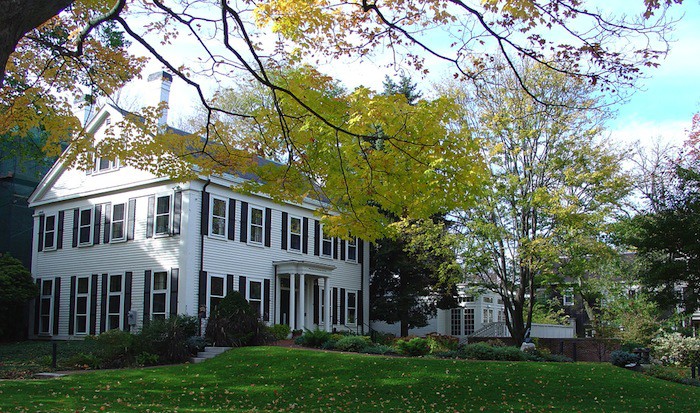
Hey students: Want to spend next summer working with Nieman Lab?
I’m very happy to say that we will again be one of the host organizations for the Google News Lab Fellowships. (Does that name sound new to you? Until last year, this was known as the Google Journalism Fellowship.) You can apply here, and the deadline is January 3. Here’s Google’s description:
The Google News Lab Fellowship offers students interested in journalism and technology the opportunity to spend the summer working at relevant organizations across the US to gain valuable experience and make lifelong contacts and friends. While the work of each host organization is unique, Fellows have opportunities to research and write stories, contribute to open source data programs, and create timely data to accurately frame public debates about issues in the US and the world.
Fellows receive a stipend of $8,500 USD and a travel budget of $1,000 during the 10-week program, which runs from June-August.
We’re looking for students who are passionate about reporting and the role that technology can play in the pursuit of the craft. You must be a US student or a student studying in the US with a relevant visa to qualify. That said, we welcome students from all majors and degree programs.
It’s a chance to come spend time in Cambridge working with us as we research and report on the future of news — writing stories, working on projects, and generally trying to learn more about where the news ecosystem is headed.
We’re one of 8 journalism institutions that will be hosting Google News Lab Fellows this year. The others are pretty great, too: the Center for Investigative Reporting, the Pew Research Center, Poynter, Matter Ventures, ProPublica, the Investigative Reporters & Editors, and Witness.
In the first few years of this program, you could only apply to a single host organization, but that’s changed: You can now apply to as many as you’d like. (You still apply to each individually, though. And fair warning: We get a lot of applications, so spraying every organization with undifferentiated applications probably won’t be successful. Making it clear that you actually know a little about Nieman Lab and what we do is a big help.)
As mentioned above, there’s a stipend: $8,500 for the 10 weeks, plus a travel budget of $1,000. And note that only U.S. citizens and those who already have the right to work in the U.S. are eligible to apply. (Though all may not be lost for non-Americans; Google is also sponsoring News Lab Fellows in nine other countries this year.)
You can read a FAQ with much more detail here. Again again, most importantly, the deadline to apply is January 3. We’ve been very lucky to have five Google fellows over the past few years, and they’ve all been terrific — perhaps you’ll be the sixth. Here’s that application link again.
(One last nomenclature-related thing: Even though this uses the word “fellowship” in its title and is based at the Nieman Foundation, note that it’s quite different than our traditional Nieman Fellowships, which allow working journalists to come spend a year taking classes and working on a course of study at Harvard. This is an opportunity for a student to come work with Nieman Lab staff for the summer, reporting on the future of journalism. Apologies in advance to anyone confused by the terminology.)